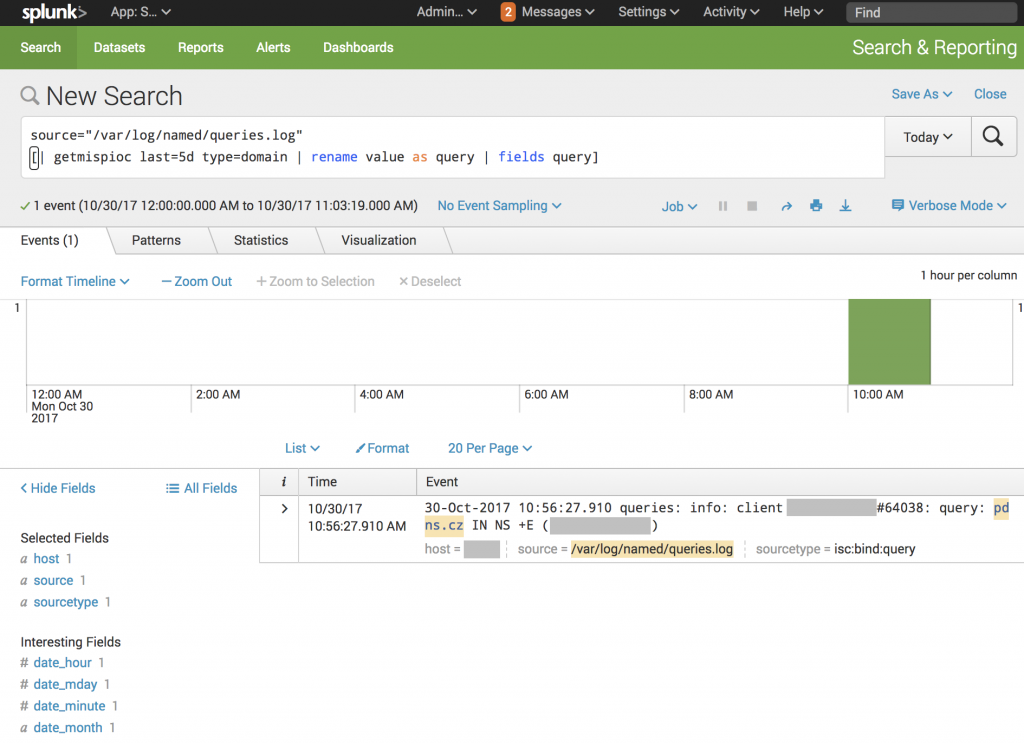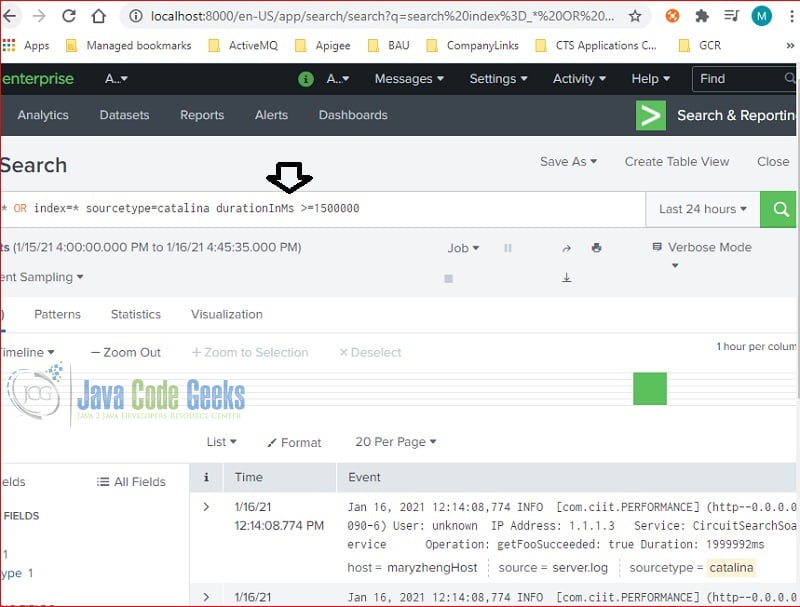

This matches with any character that is not part of the character classes as like what are mentioned here ,, ,, ,, , This matches with any of the ASCII characters, in the range mentioned here: 0-127 This matches with any continuous string of alphanumeric characters and underscores. This matches with any character that is defined as a printable character except for those which are defined as part of the space character class This matches the specified regular expression only a specified number of times / occurrences as provided within the flower brackets previously. (Ch) | (ch) pra matches to “Chopra” or “chopra” This matches with the previous OR next character / group

matches to any character but not any positive integers ranging from 0 to 9. matches to all ASCII letters ranging amongst A to Z, but just the upper case letters matches to all ASCII letters ranging amongst a to z, but just the lower case letters + matches to any of the positive integers available in the string where the regular expression will be applied. The open and closed square brackets always match with a range of characters (alphabets, numbers) (Week)* matches to any of the following – “Week1”, “Week2” or “Week3” The open and closed parenthesis always match a group of characters. This character matches with any possible character, as it is always used as a wildcard character.Įxample: Splunk* matches with “Splunk”, “Splunkster” or “Splunks”. This character is used to escape any special character that may be used in the regular expression.Įxample: Splunk? matches with the string “Splunk?” This character when used along with any character, matches with 1 or more occurrences of the previous character used in the regular expression.Įxample: Splunk+ matches with “Splunk” or “Splunkkk” but not with “Splun” This character when used matches 0 or 1 occurrence of the previous character specified in the regular expression. This character tries to match 0, 1 or more occurrences of the previous character specified on this regular expression.Įxample: Splunk* matches both to these options “Splunk”, “Splunkkkk” or “Splun” We will try to be as explanatory as possible to make you understand the usage and also the points that need to be noted with the usage.

These regular expressions are to be used on characters alone, and the possible usage has been explained in the example section on the tabular form below.
#SPLUNK SEARCH EXAMPLES FOR FREE#
Enroll for Free " Splunk Training" Splunk regex cheat sheet:
#SPLUNK SEARCH EXAMPLES HOW TO#
Learn how to use Splunk, from beginner basics to advanced techniques, with online video tutorials taught by industry experts. For any further references, it is very much required for you to access the official Splunk documentation or the cheat sheet that they provide for regular expressions as such. This has been carefully compiled with all the necessary functions being considered, hence you can use it without any doubts.
#SPLUNK SEARCH EXAMPLES SOFTWARE#
The following article should be your one-stop-shop for all the regular expressions that you would use in Splunk software for any purpose, be it for your evaluation or even to perform any search related operations.


 0 kommentar(er)
0 kommentar(er)
